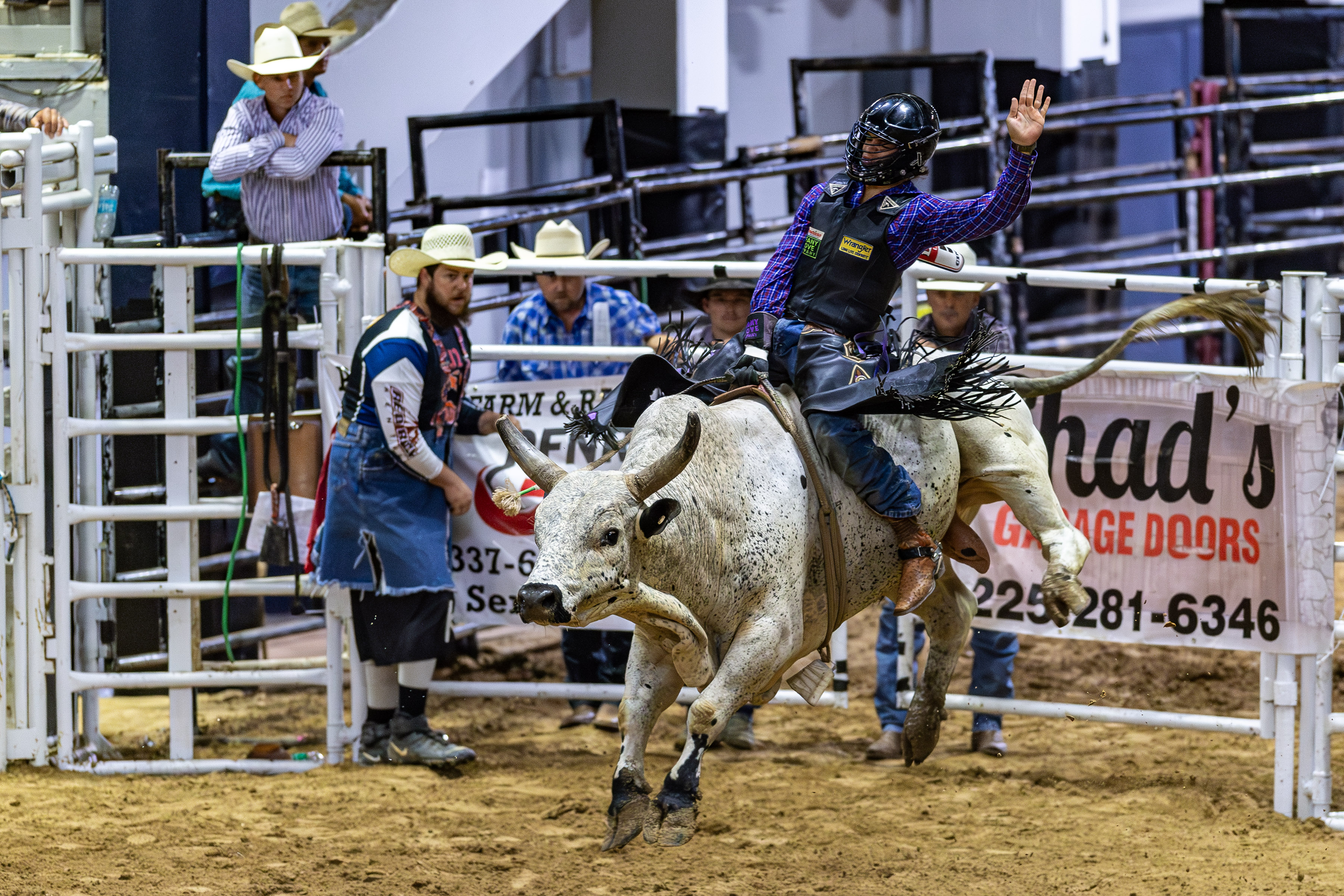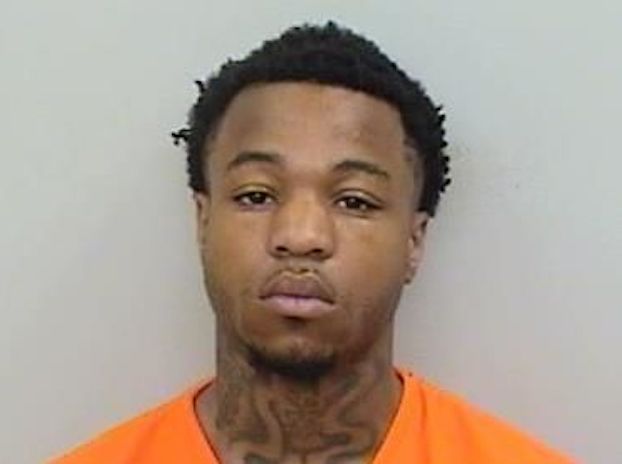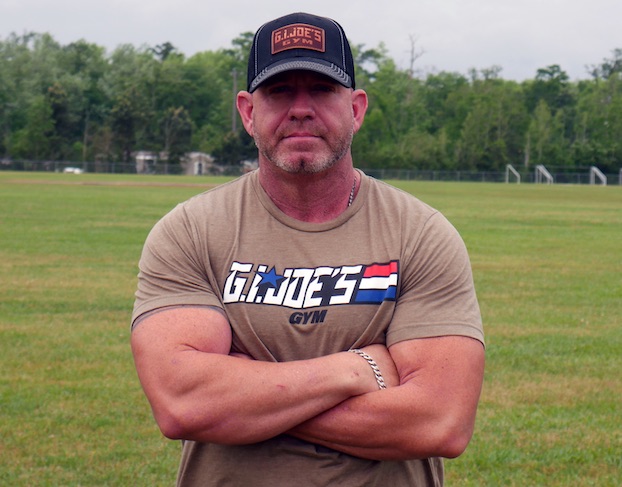Local ‘HALOS’ help families heal after suicide
Published 5:00 am Monday, April 11, 2022

- Jody Barrilleaux is walked down the wedding aisle in 1986 by her father, Kenneth Tyler Sr. (Special to the American Press)
“The way a person leaves this earth does not define his or her life.” That’s just one of the expressions often repeated by Jody Barrilleaux. Seven years ago, she lost her father, and it set her on a path that continues to influence who she is today.
“Grief of any kind is difficult and can be a lifelong process,” Barrilleaux said. “I know. I’m in the funeral industry. I’ve lost loved ones. But it wasn’t until I was in a room with others who had lost someone in their circle to death by suicide that I felt like I was among people who could relate to some of what I was going through.”
Barrilleaux, and others she refers to as the core HALOS group, have been providing a safe, “real,” place for laments of grief, anger and inconsolable loss among individuals who have lost someone from death by suicide.
“Like the Willie Nelson song, ‘It’s not something you get over, it’s something you get through,’” she said.
HALOS is the acronym for Healing After Loved One’s Suicide. On Saturday, April 16, from 9 a.m. to noon, HALOS invites those who have lost someone in their close circle to a free seminar, The Journey of Hope and Healing. It will feature a special guest speaker, take-away craft, candle-lighting and lunch at the Brick House at 110 Pine St., next to McFarland’s Pub.
“Everyone starts the journey differently,” she said, referring to not only the core group, but the thousands of people with whom she’s had contact through meetings, conversations and social media.
She remembers a time after her father died when her only goal was to take the next breath. Core group member Sharon Istre lost her 21-year-old son in 2001, and her father to death by suicide after Hurricane Laura. Amy Johnson lost her only son. Ted Thibodeaux lost his young adult daughter, then his neighbor and now his brother. Regina Darbonne lost her sister to death by suicide and came to HALOS four years after because she was busy trying to hold it together for her family.
“Everyone has their own story to tell; everyone’s tragedy is different. Every person deals with tragedy differently. I can’t say I know how you feel. I won’t. I don’t. I only know how I feel and the benefits I’ve experienced with HALOS. We understand that every loss is different,” she said. “We’re a peer-led support group. We’re not a 501c3 that fundraises, though we have received donations that enable us to have these seminars. There’s no cost to join or to come to a meeting.”
During a CBS Cares segment, Russ Silver asked Barrilleaux what she needed. Was it volunteers? Money?
“I told him all I want is to get the word out that we’re here,” she said.
HALOS benefits those who meet in the same way other support groups work. Individuals realize they are not alone. They feel less isolated. There’s no judgment. It can help reduce distress, depression, anxiety and fatigue. It helps to talk honestly and openly about feelings and it supplies tools needed to meet the challenge of living. This is not a suicide prevention group.
“Our loved ones did not necessarily want to end their lives as much as they just wanted the pain to stop,” she said.
She wondered if she would ever just miss her father without thinking about how he died.
“One day, I did. I just thought about him. I didn’t think about how he died. Four or five years ago, if you’d told me I would have joy again, I wouldn’t have believed it. Whatever your struggle, your tragedy, your pain in this world, use it to help someone else,” she said. “It will help you. You’re here. This is a messy life. It is my hope that we can all stop and enjoy the here and now.”
No RSVP required for seminar. To find out more about HALOS, call Jody at 337-794-3113 or find the group on Facebook: HALOS.





